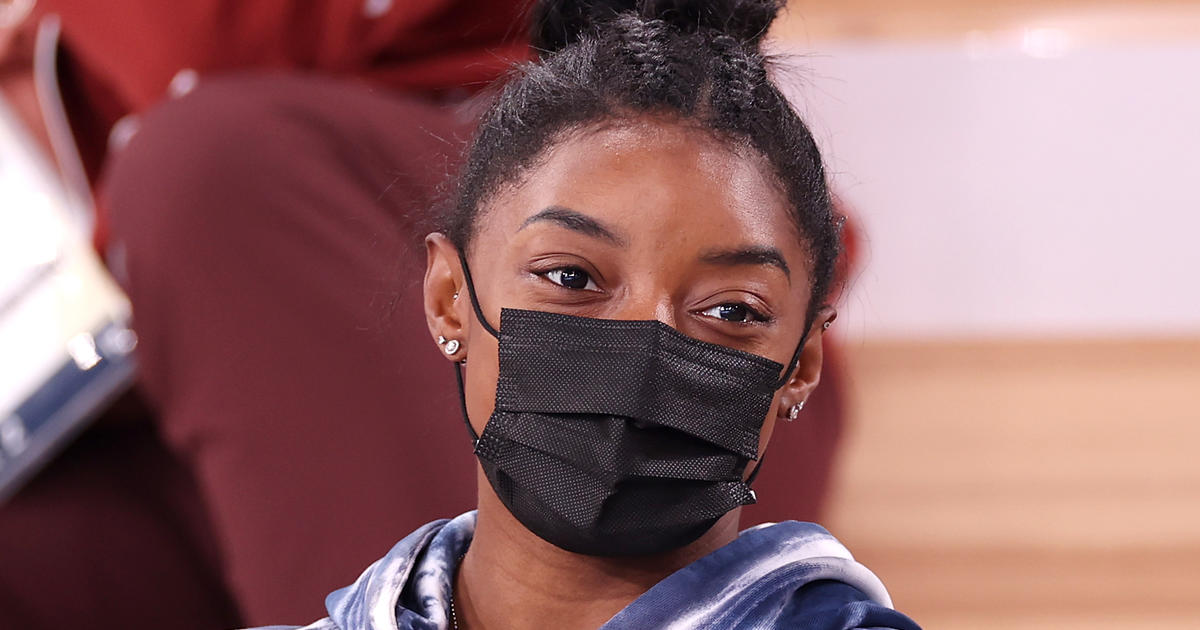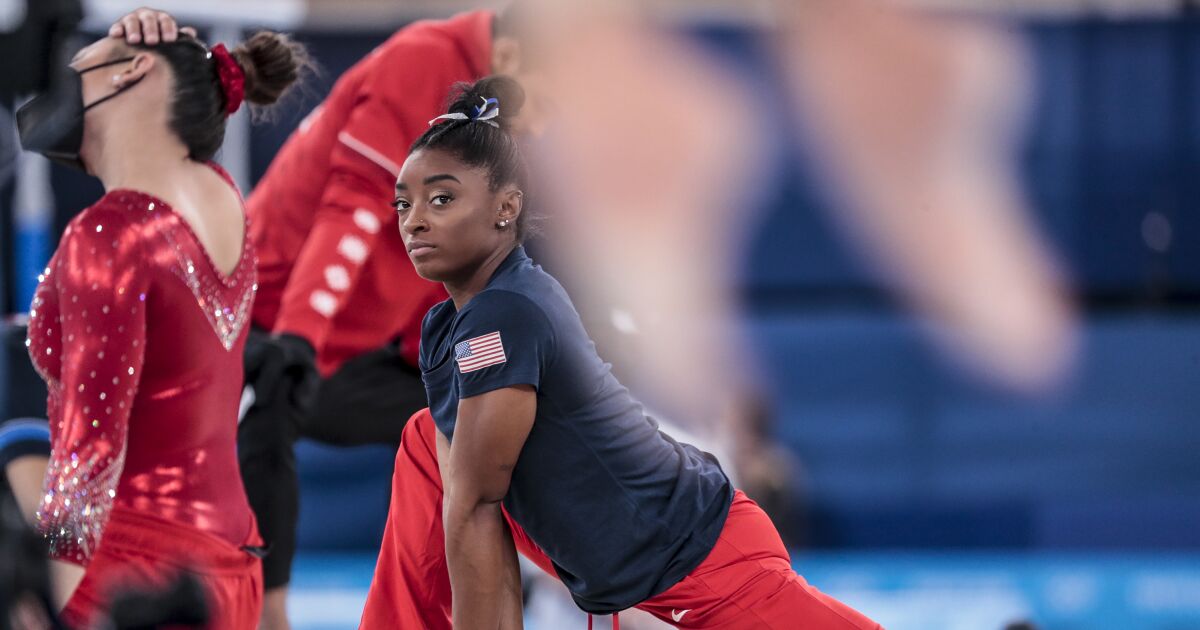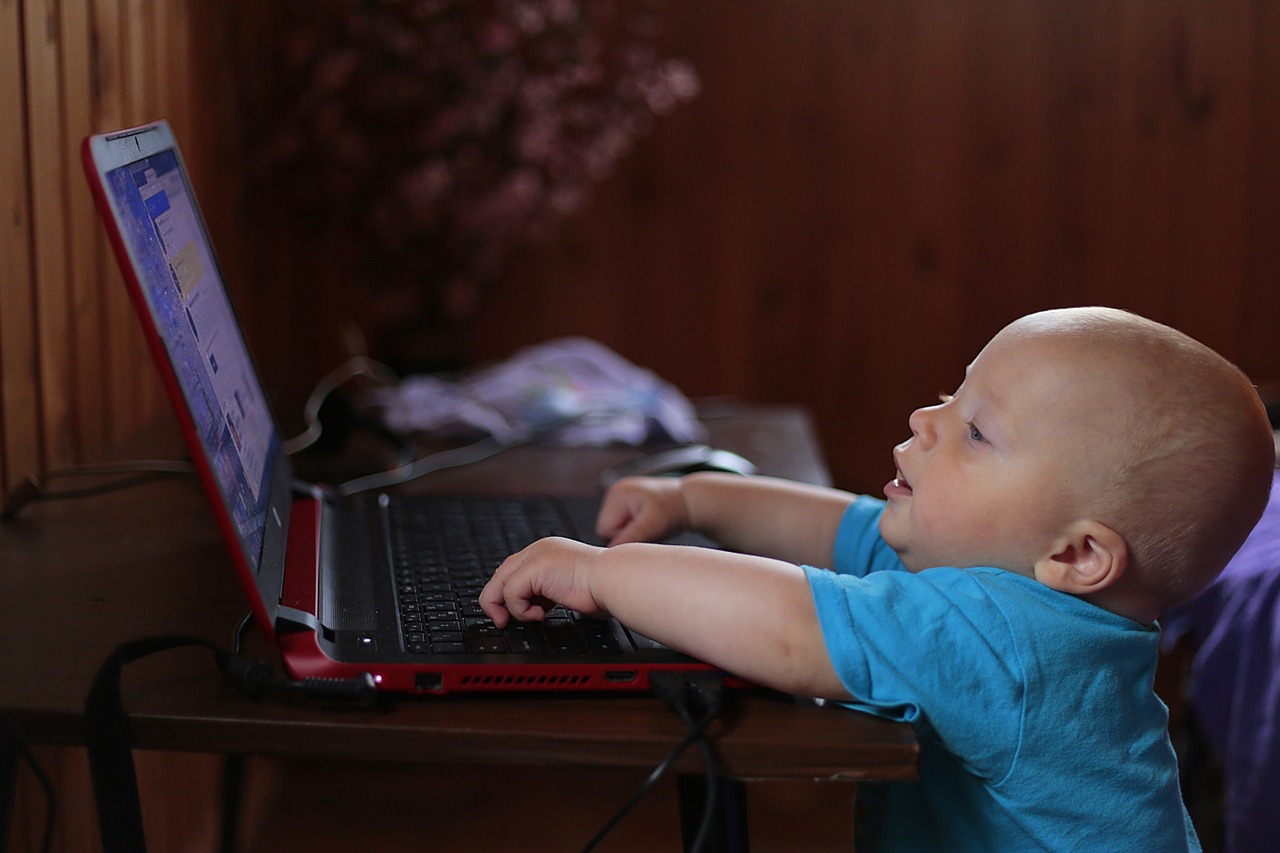The Poor in Spirit (Who Wear Grippy Socks)
It's easy to look at the struggles of the younger generation and think that we were somehow better at that age. It's also easy to be unintentionally judgmental and unhelpful.

On TikTok, the hashtag "#grippysockvacation" is trending right now, with 78.1 million views (as of December 19, 2022). "Grippy socks" is a playful reference to the footware given to people receiving inpatient treatment at psychiatric care facilities.
In other words, a hashtag that basically says "I need help with my mental health" has 78 million views on a platform that is primarily used by young people.
Given the stigma that keeps millions from admiting they are struggling with their mental health, the popularity of that hashtag really is something to think about.
The great philosopher, Taylor Swift, once said:
"My confidence is easy to shake. I am very well aware of all my flaws. I am aware of all the insecurities that I have."
For context, as of December 2022, Taylor Swift has won 527 awards — including 11 Grammy awards, 40 AMAs (the most by an artist), and 29 Billboard Music Awards (the most by a woman). She's sold over 50 million albums, 150 million singles, and 78 billion streams. Fobes estimates her net worth at $570 million.
Just how accomplished does a person have to be to have unshakable confidence?
— Vincent Van Gogh
It Began to Destroy Me
Tyrell Terry is an impressively accomplished young man. He is an alumnus of Stanford University. He is a millionaire. He is surrounded by people wanting him to succeed. As a player for the NBA's Dallas Mavericks, Tyrell had access to the best mental health resources money can afford.
Nevertheless, on December 15, 2022, Tyrell Terry retired from basketball at age 22.
"Today I decided to let go of the game that has formed a large part of my identity. Something that has guided my path since I took my first steps," Terry wrote."While I have achieved amazing accomplishments, created unforgettable memories, and made lifelong friends … I’ve also experienced the darkest times of my life. To the point where instead of building me up, it began to destroy me."
In reaction to this story, countless comments and "Haha reactions" have been posted to social media mocking Tyrell — and the entire generation of young people, calling them soft and entitled.
"Judge not unrighteously"
Tyrell's story is reminiscent of 7-time gold medalist Simone Biles, who drew intense criticism when she withdrew from the 2021 Tokyo Olympics due to mental health concerns.
For instance, Texas Deputy Attorney General Aaron Reitz tweeted (in a tweet he has since deleted): that Simone Biles was a "selfish, childish national embarrassment".
I'm all for people "toughening up", but I am also for compassion, humility, and plain ole common sense.
When a world-class gymnast like Simone Biles, or an NBA player like Tyrell Terry, are genuinely impaired by anxiety that can't be overcome with all the resources at their disposal, then we really should have the humility to be honest with ourselves: if you or I were in their shoes, we would likely be impaired as well.
After all, few of us accomplished anything close to what they have at their age, right?
It's easy to look at the struggles of the younger generation and think that we were somehow better at that age. It's also easy to be unintentionally judgmental and unhelpful.
The Prophet Joseph Smith said:
“While one portion of the human race is judging and condemning the other without mercy, the Great Parent of the universe looks upon the whole of the human family with a fatherly care and paternal regard" (Teachings of the Prophet Joseph Smith, p. 218).
Are We Still as the Armies of Heleman?
While despair can debilitate people of all ages, the U.S. Surgeon General has issued an advisory "to highlight the urgent need to address the nation’s youth mental health crisis." Suicide is the second-leading cause of death among people ages 15 to 24.
Nearly 20% of U.S. high school students report serious thoughts of suicide, and 9% have made an attempt to take their lives according to the National Alliance on Mental Illness.
The thing is, data shows that for 15 years the suicide rates for American youth between the ages of 10 and 19 had been in a long, steady decline starting in 1992.
But since 2007, youth suicides have been growing 7% for boys, and 13% for girls. While more females attempt suicide, three times as many boys die from suicide than girls.
What changed in 2007?
To my knowledge no definitive causal factor has been identified, but 2007 was the year the smart phone was released, and studies from MIT have found a correlation between social media use and suicides.
Also, study after study consistently finds that, regardless of content, just having our babies, toddlers, adolescents, and teens stare into a light for hours a day (TVs, computers, tablets, and phones) is detrimental to brain development, sleep quality, attention, language skills, social development, physical health, etc.
In addition to changes in technology, society has changed as well. We're meaner.
It used to be that children who were bullied at school could come home to a safer, more nurturing environment. Now negativity can have a 24/7 influence on young people, thus finding more vulnerable people per capita than previous generations.
Yikes!
What is it about us older people that makes it so young people in trouble would not come to us?
When you think about it, the armies of Heleman were remarkable for two reasons:
- The young people were extraordinary people,
- Their parents and leaders were extraordinary as well.
Today's young people don't need our judgy, unhelpful, and factually incorrect assumptions. They need us to embrace modern reality — and old-fashioned Christian compassion.
— F. Scott Fitzgerald
His First Concern
In the Sermon on the Mount, the very first group Jesus spoke about was "the poor in Spirit".
Broken people are Christ's first concern.
Shouldn't they be ours as well?
"Who's on the Lord's side? Who?"
Let's try to change the culture of judgy-ness directed at people who struggle, and remember their humanity. And ours.
Let's try to change the culture of judgy-ness directed at people who struggle, and remember their humanity. And ours.
Let's support and help the poor in spirit. Let's be part of their solution, and not pile onto their problems.
— Theodore Roosevelt
Please tell us in the comments how you think we can be supportive of young people who are poor in spirit.
Thanks for listening. Gunalchéesh.
Links:


































